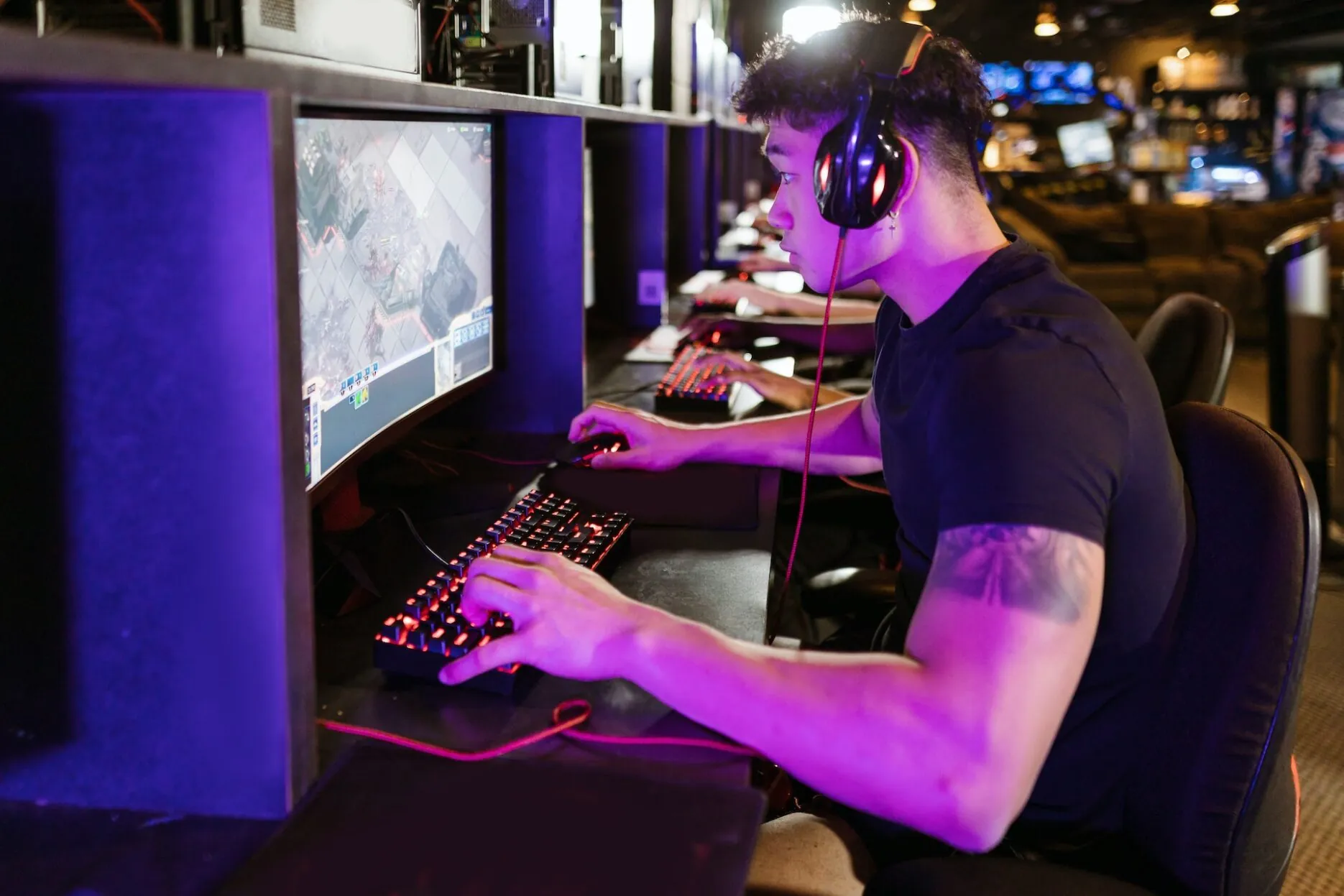According to a new study published in the internationally recognised scientific journal Nature, China’s gaming curfew has not been effective in curbing the most severe cases of “gaming addiction”.
The study, which was led by computer scientists at the University of York, reported “no credible evidence” for the reduction of heavy playtime – classed as spending more than 4 hours per day, 6 days per week playing video games – as a result of the strict regulations in China. The researchers analysed playtime data from over 2 billion individual Chinese gaming profiles from August 2019 to January 2020, corresponding to the period during which the government introduced its first gaming restrictions.
The first set of regulations in 2019 outlawed gaming between 10pm and 8am for minors and capped their gaming time at 90 minutes per day. In 2021 weekday gaming was banned altogether, with minors only allowed to play a total of 3 hours per week on Friday through Sunday and on public holidays. Minors are often able to bypass restrictions by using virtual private networks that set their IP addresses to appear outside of mainland China or simply by using the account/computer of an older relative or friend.
The new study addresses long-standing questions over the efficacy of gaming reduction measures, which have been trialed in a number of countries throughout Asia though China’s constitute the “most consistent and restrictive”. Dysregulated gaming, as the study’s authors call it, can have major negative consequences for mental and physical wellbeing which necessitate a better understanding of the impact of these laws. However, the codification of extreme gaming behaviours as official disorders or addictions is still highly contested in the medical and scientific communities.
Previous studies attempting to measure the efficacy of gaming restrictions have relied on self-reported data, much like the report last year from China’s state-backed gaming industry committees, which found that 75% of young gamers played less than the 3-hour weekly maximum and called the problem of gaming addiction “basically solved”. Regulators’ concerns have since shifted to the impact of short video platforms and screen time more generally.
The authors of the Nature paper noted that since their dataset lacked age information for individual gamers, they could not rule out the possibility that heavy gaming increased in adults whilst decreasing among minors simultaneously.









